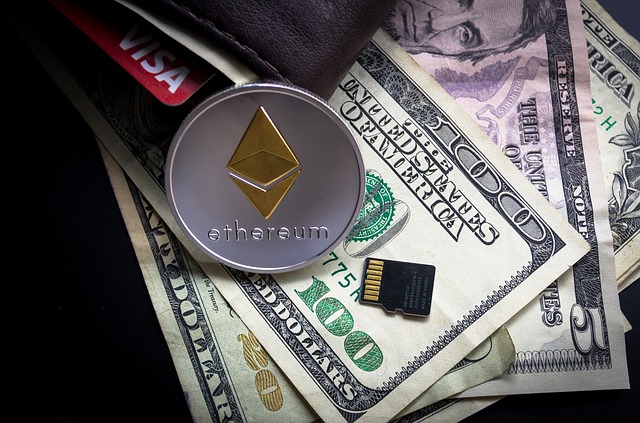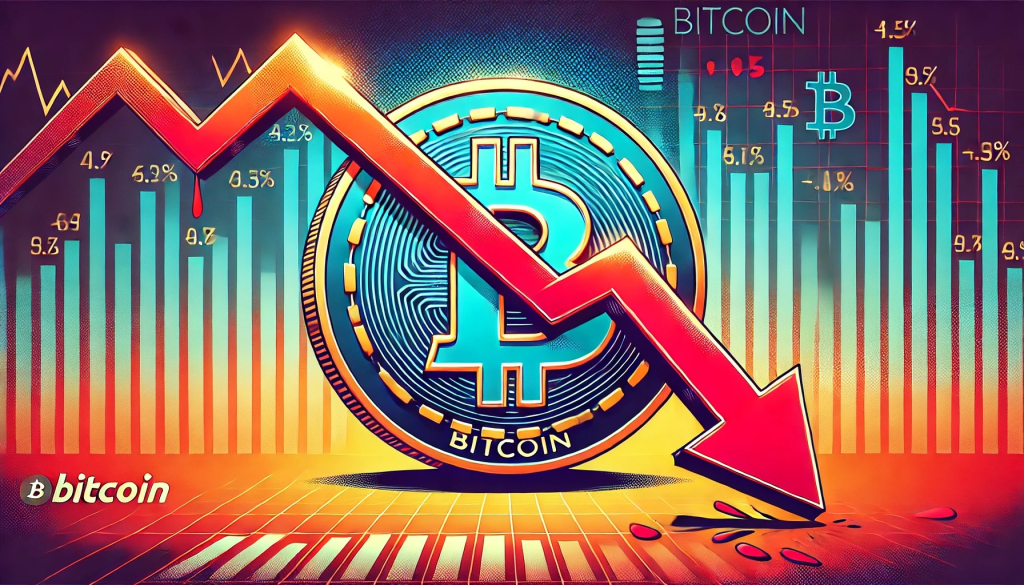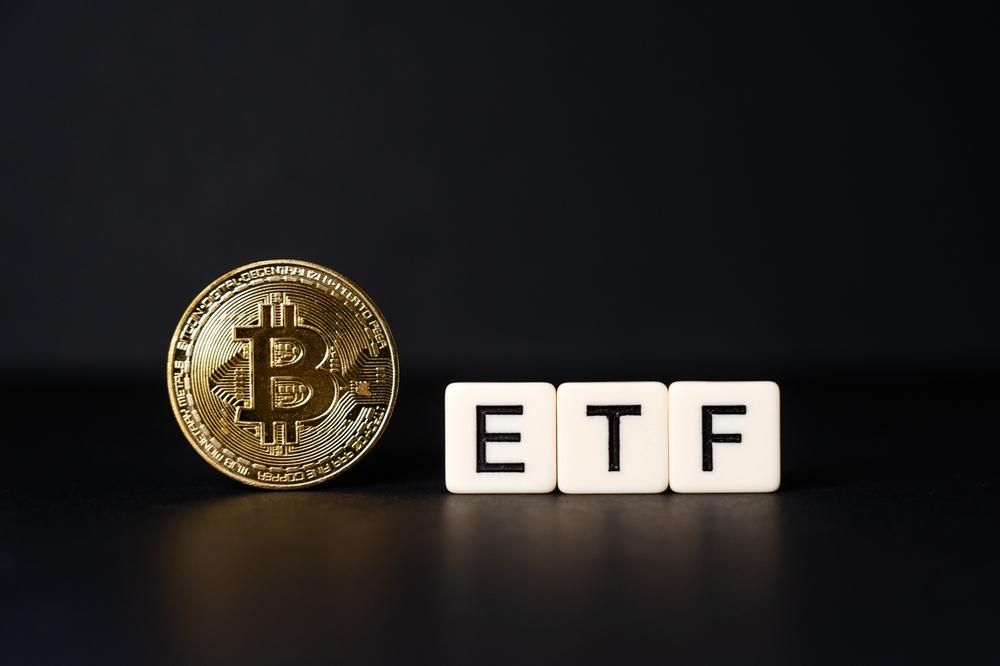New York University Stern School of Business professor of finance Aswath Damodaran argued that Ether (ETH) has a better chance of becoming a commodity compared to Bitcoin (BTC).
The NYU professor made this argument on CNBC’s “Street Signs Asia” on Thursday. “If the future lies in blockchain transactions — and ether is going to be a better lubricant of those blockchain transactions — you could actually argue that ether has a stronger upside story than bitcoin does,” Damodaran said.
Ether is the second-largest cryptocurrency after Bitcoin. ETH is also the native crypto of the Ethereum blockchain, which has seen a lot of activity lately as most DeFi applications are being built on the platform.
Damodaran is a known critic of Bitcoin. The NYU professor has even criticized the largest crypto as having no “endgame.”
“All that bitcoin bulls seem to talk about, their biggest sales pitch for bitcoin is: ‘Look at how much money I’ve made on bitcoin.’ That’s it, that’s the end of the sales pitch,” Damodaran explained. “That’s not a sales pitch. That tells me nothing about the substance here.”
Damodaran, who is also known as Wall Street’s “dean of valuation,” is also disdainful of Bitcoin’s volatility due to its speculative nature. “I wouldn’t be surprised if bitcoin is up 20% tomorrow, down 25% the day after,” he added. “This has become a purely speculative game.
The professor’s latest comment on Bitcoin is nothing new as he also called BTC an “inefficient currency” earlier this month, according to Cointelegraph. He also described Bitcoin as a “pricing game with no good ending” in 2017.
Bitcoin has suffered wild price fluctuations recently. It set a new all-time high above $64,000 in mid-April but fell down to around $31,000 this week.
A number of factors contributed to BTC’s recent price pullback. For instance, Tesla announced that it is halting is Bitcoin payments followed by speculations that it might be planning to unload its Bitcoin holdings. The most recent one came from China as its central bank warned financial institutions of the risks associated with crypto transactions.






















Comment 2